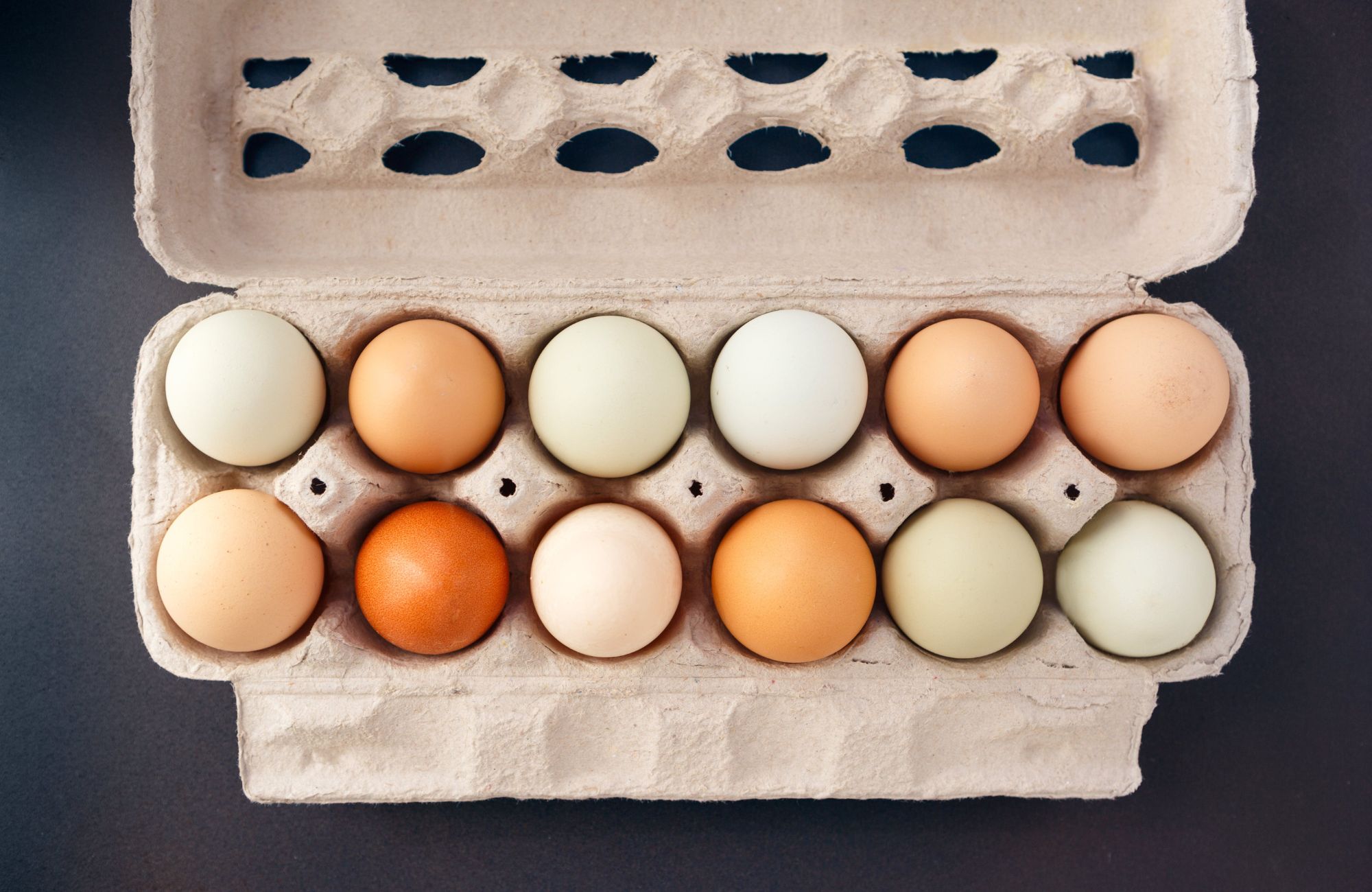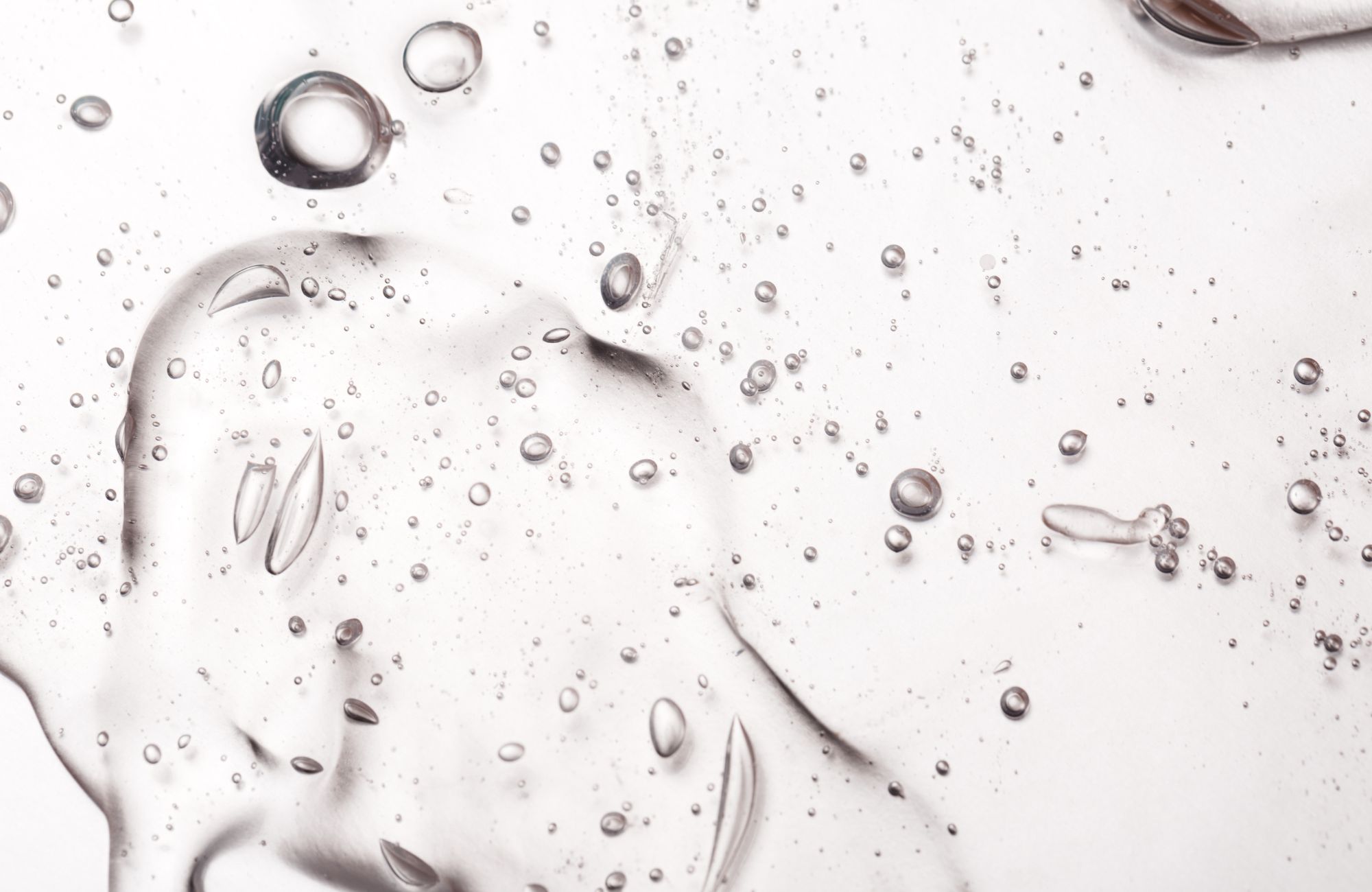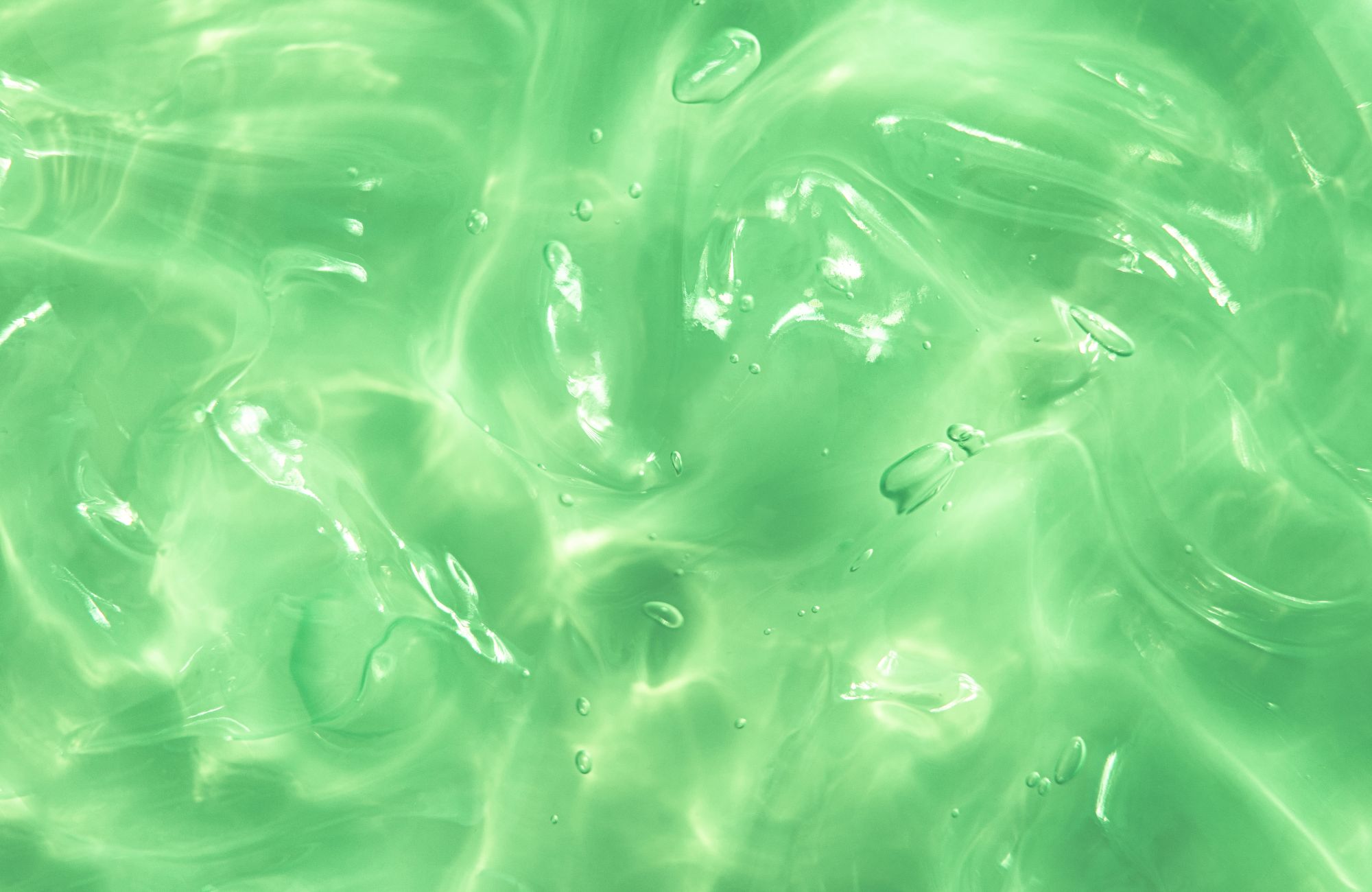
How Long Do Fresh Eggs Last? Shocking Shelf Life Facts
There’s nothing quite like walking to your coop and collecting a warm egg from your backyard chickens. Breakfast tastes better with that golden yolk from your own hens. But as laying hens produce more eggs than you might immediately eat, you need to know: how long do fresh eggs last?
Unlike stored eggs with stamped dates, eggs from your backyard flock need different handling to stay good. Learning how to store fresh eggs properly helps you enjoy them longer and prevent waste.
This guide covers egg preservation science, whether to wash fresh eggs and clear storage timeframes to help you handle farm fresh eggs for optimal freshness.
The Science Behind Fresh Egg Preservation
Chicken eggs come with built-in preservation features. Understanding this helps explain why farm fresh eggs behave differently from stored eggs.
How Eggs Age: What Happens Inside the Shell
Inside each egg, several changes occur over time:
The air pocket (at the wide end) gradually expands as moisture loss happens through the porous shell. This expanding air cell makes older eggs float when placed in water.
The egg white becomes thinner as proteins break down. In fresh eggs, the white appears thick and firmly holds the yolk centered.
The yolk membrane weakens over time, making the yolk more prone to breaking when cracked into a pan. Older eggs have flatter yolks that spread easily.
The bloom (protective coating) naturally deteriorates, making unwashed eggs eventually more vulnerable to bacteria even without washing.
Should You Wash Farm Fresh Eggs? Critical Factors to Consider
The biggest debate among those keeping chickens is whether to wash eggs before storage. This decision significantly impacts how long your fresh eggs stay good.
When laid, hens coat eggs with a natural protective layer called the “bloom.” This invisible barrier seals the eggshell’s tiny pores, preventing bacteria from entering while allowing some air exchange. The bloom is the egg’s natural defense against contamination.
Washing eggs removes this protective coating. This is why washed eggs must be refrigerated promptly; cold temperatures become their primary protection once the bloom is gone.
Commercial operations in the United States must wash eggs, which is why storing eggs requires refrigeration. In many European countries, eggs remain unwashed and are often sold unrefrigerated.
For backyard chicken owners, the choice depends on cleanliness at collection. Using fresh straws in nesting boxes reduces the need for washing. Many experienced keepers simply brush off any bits of poop or debris and store unwashed eggs successfully.
Proper Egg Cleaning Techniques (If Necessary)
If your eggs are visibly soiled, cleaning becomes necessary to prevent salmonella and other contamination:
Use warm water (warmer than the egg). Cold water causes the egg contents to contract, potentially drawing bacteria through the shell. Warm water makes the contents expand slightly, helping prevent bacterial entry.
A dry cloth or brush often removes most debris without water. This dry-cleaning preserves more bloom than wet washing.
For heavily soiled eggs, use running warm water and gentle friction. Avoid soaking eggs in water, as this may allow contaminants through the shell.
Never use soap on eggshells. These substances can penetrate the porous shell and contaminate the food inside.
How Long Do Fresh Eggs Last?
Counter Storage for Unwashed Eggs
Keeping unwashed eggs at room temperature works well when done properly. With the bloom intact, farm-fresh eggs can safely remain on your counter for up to one month.
Keep eggs cool, out of direct sunlight, and away from heat sources. Temperatures should remain below 70°F for best results.
Storage containers should allow some airflow. Ceramic egg holders, open baskets, or cartons all work well. Avoid sealed plastic containers for counter storage, as they trap humidity.
For unwashed eggs stored at room temperature, use the oldest first. Write collection dates on shells with a pencil or place new eggs at the back of your basket.
Refrigeration Guidelines for Maximum Freshness
Refrigeration significantly extends egg freshness by slowing bacterial growth. For both washed and unwashed eggs, the fridge is the most reliable modern storage method.
The ideal refrigerator temperature is between 33-40°F. Store eggs in cartons rather than door compartments; the main fridge maintains a more consistent temperature than the door.
Cartons prevent eggs from absorbing strong odors through their porous shells, reduce moisture loss, and provide cushioning. Sealed containers designed for egg storage also work well for refrigerated eggs.
Refrigerated unwashed eggs remain good for 3-6 months when properly stored. Washed eggs should be used within 2 months for best quality.
Cold storage subtly affects egg properties. Refrigerated eggs develop slightly more watery whites and may perform differently in baking. Allow refrigerated eggs to reach room temperature before cooking for best results.
Long-Term Preservation Methods
For long-term storage, consider these options:
Freezing raw eggs works well for extended storage. Separate whites from yolks before freezing, as yolks alone become gelatinous. Frozen eggs stay good for up to 12 months and work best in cooked dishes rather than breakfast preparations.
Oil preservation involves coating unwashed eggs with food-grade mineral oil to seal the pores. Properly oiled eggs can last 6-9 months in cool conditions.
How to Tell if Your Farm Fresh Eggs Are Still Good
The float test is the most popular freshness check. Fill a bowl with cool water and gently place an egg inside. The position reveals its approximate age:
- The egg rests horizontally at the bottom: Very fresh (1-2 weeks)
- The egg stands upright but touches the bottom: Still good (3-4 weeks)
- Egg floats to surface: Past prime (5+ weeks)
This works because the air cell inside an egg expands as moisture evaporates through the shell over time.
Visual inspection by candling (shining light behind the egg) can reveal internal characteristics. Fresh eggs appear more opaque with a small air pocket. As eggs age, contents appear more transparent.
Trust your nose, too. Fresh eggs have little odor when cracked. An egg with an unpleasant sulfur smell should not be eaten.
Using Eggs at Different Freshness Stages
Different cooking methods work better with eggs at various freshness stages:
The freshest eggs (1-7 days) work best where whites need to hold shape, like poached or fried eggs. Their firmer whites maintain form during cooking.
For hard-boiled eggs, slightly older eggs (7-14 days) peel more easily. The slightly larger air cell helps the shell separate cleanly.
Eggs 2-4 weeks old work perfectly for scrambling and baking. The small changes in consistency don’t affect these methods.
Older eggs (1+ month, but still passing freshness tests) excel in cake baking, where slightly lower moisture content can improve results.
Conclusion
Understanding how long fresh eggs last helps you make the most of your backyard bounty. Whether gathering a dozen eggs from your own chickens or just a warm egg or two each morning, proper storage techniques significantly extend freshness. The natural egg bloom provides excellent protection when left intact, and with proper handling, can fresh eggs remain good for weeks or even months after they’re laid. By following these guidelines, you’ll maximize both enjoyment and economy from your backyard flock
At US Sweeteners, we are dedicated to providing science-based information to help consumers and businesses navigate the complexities of sweeteners. Whether you’re looking for alternatives, bulk purchasing options, or a better understanding of how sweeteners impact food production, our team is here to support your needs with transparency and expertise. Contact us to learn more.
FAQs
How long do freshly laid eggs last?
Unwashed eggs with their bloom intact can remain good for 2-4 weeks at room temperature and up to 3-6 months when refrigerated. This natural coating prevents bacteria from entering while allowing the egg to maintain proper moisture levels.
How can you tell if fresh eggs have gone bad?
A bad egg will emit an unmistakable sulfurous odor when cracked open and will float when placed in water due to the increased air cell size. Fresh eggs sink and lie horizontally, while slightly older but still good eggs stand upright on the bottom of the water bowl.
How long can eggs last without refrigeration?
Unwashed eggs with intact blooms can safely remain at room temperature for 2-4 weeks in cool conditions below 70°F. This storage approach works because the natural protective coating on freshly laid eggs seals the porous shell against bacterial invasion.
Can you eat eggs for 2 months in the fridge?
You can safely eat properly refrigerated eggs even after 2 months, though quality may gradually decline. Unwashed eggs with their protective bloom intact tend to maintain quality longer than washed eggs, often remaining good for 3-6 months when consistently refrigerated



Leave a Reply